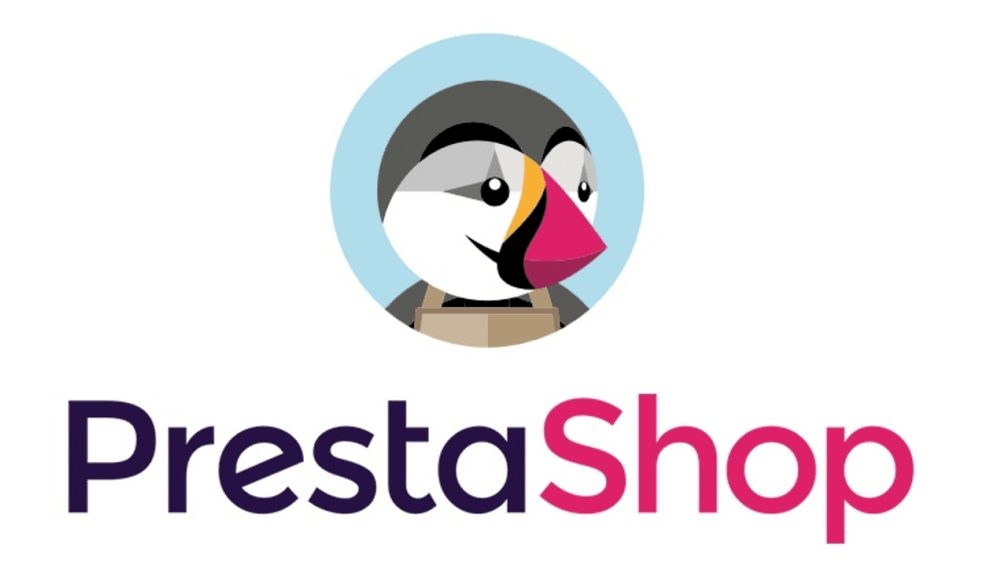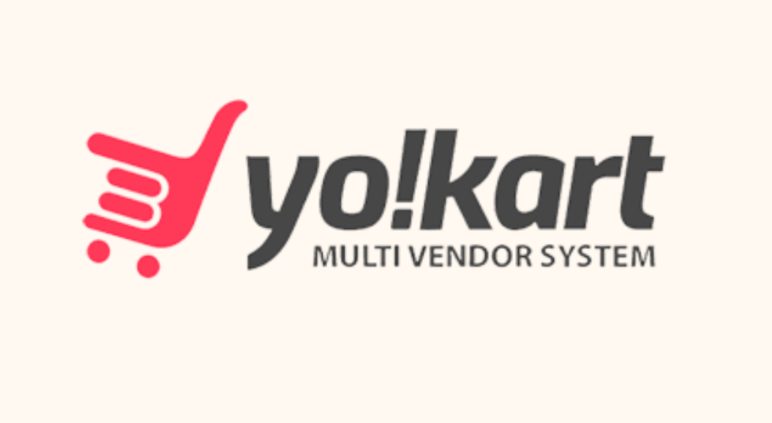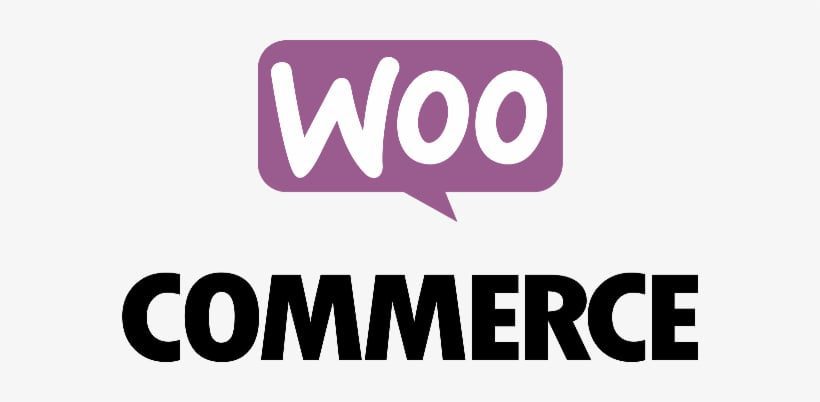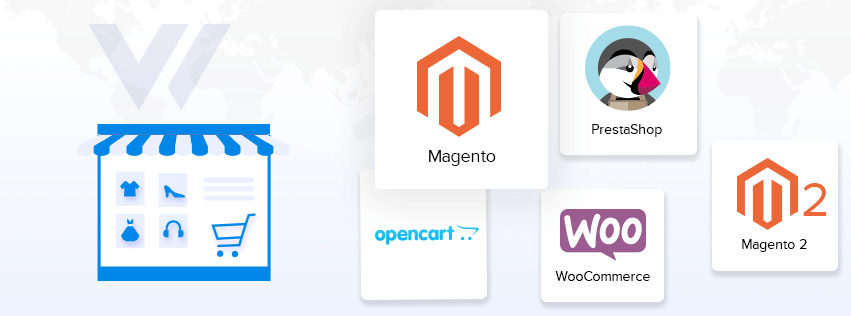Learn the best online marketplace platforms for any eCommerce business.
The eCommerce world has started shifting its base towards the multi-vendor business model within the past few years. Being interdependent and inclusive, it caters to sellers demand and brings delight to the purchasers by providing an excellent range to settle on. The one major thing to look out for is, all those eCommerce online marketplace platforms are open-source, and you don’t need extra effort to create your eCommerce website.
Read More: Build your Amazon-like multi-vendor marketplace website now!
A ready-made eCommerce site, what might be better than this?
A ready-made marketplace site, perhaps?
As a result, the developer’s community worldwide has solid solutions to fix, and various allow the inventory model website owners to convert their site to a multi-vendor marketplace.
All the fully functional online eCommerce platforms we’re going to mention are capable of developing an online marketplace platforms by an aboveboard extension installation.
Get your free ecommerce marketplace startup consultation today!
Best Online Marketplace Platforms For Your Ecommerce Business
1. Magento 2 Marketplace – Global Leader Among Other Online Marketplace Platforms
With currently quite 251,287 live eCommerce stores running on the Magento platform, it’s one of the top-most eCommerce platforms worldwide. With almost 25% of the total market share of eCommerce multi-vendor online marketplace platforms, Magento may be a famous brand that powers many other top brands like Burger King, Huawei, Pepe Jeans & Liverpool F.C, Etc.

Although Magento poses a variety of convenient features built-in for B2B eCommerce online marketplace platforms, you can use it as an extensive multi-vendor platform in its default form. Fortunately, due to high-end flexibility and significant scalability, Magento is often introduced to the multi-vendor features by installing the Marketplace extension.
The Magento Multi-vendor marketplace extension may be a custom solution developed by certified Magento developers. By simply installing this extension, you’ll convert your existing inventory-based Magento store to a ready-made marketplace site. Only Magento has the pride of introducing new features to the eCommerce platform, facilitating a marketplace site’s operation. These extra features include:
- Management for seller account registration
- Seller account approval and declination management
- Management for various shops by different sellers
- Control for Product upload by sellers
- Seller product approval or declination management
- Authority for Marketplace Commissions, and far more.
2. PrestaShop – A Potential Ecommerce Platform
PrestaShop is one of the highest eCommerce platforms in European nations, which is additionally getting popular across the world lately. If you’re a PrestaShop store owner and about owning a Marketplace site, then you’re on the right path. With extraordinary flexibility and superb community support, PrestaShop is usually the most straightforward choice for developing a marketplace site.

Like Magento, PrestaShop doesn’t support the multi-vendor feature by default. However, nothing is impossible on this platform with its highly active PrestaShop developer’s community.
The PrestaShop Marketplace Module developed by the expert community developers converts a PrestaShop store easily into a marketplace site. You only got to spare a moment to put in the Marketplace module on your store, and bingo, you own a marketplace site now.
Here is that the detailed account of some excellent functionalities that PrestaShop marketplace extension can offer are:
- Provides better control over seller accounts
- Authority to accept/reject the seller’s request
- Commission rate management for the multiple vendors
- Ability to limit product categories for multiple sellers
- Easy management of the seller’s account on the front
3. Yo!Kart – A best-in-class multi-vendor online marketplace platforms
Yo!Kart is a multi-vendor online marketplace platforms software designed for small and large-scale enterprises to start an online marketplace swiftly. The platform is fully equipped with all essential eCommerce features and integrations like ShipStation API, TaxJar/Avalara APIs, and more to streamline the entire multi-vendor marketplace operations.

It was launched in 2015; many popular businesses and top brands like UNI Diamonds and Voyij trust Yo!Kart for its unique user interface, robust in-built features, and customizability. The solution is highly scalable and suited for businesses of all sizes.
Unlike other platforms, Yo!Kart is inherently a multi-vendor store software. So, you do not need to purchase or install any additional Plugin or extension to start your multi-vendor eCommerce business. It is a ready-to-launch multi-vendor store solution that comes with native mobile apps for iOS and Android platforms.
Some of the premium eCommerce features come in-built in Yo!Kart:
- Intuitive Product Catalog System
- Multilingual and Multi-Currency
- Automated Tax & shipping management
- Separate dashboards for admin and seller to manage the entire eCommerce operations
- Real-time split payment via Stripe Connect and much more
Yo!Kart comes at a competitive price, making it a sound investment for every business owner.
4. WooCommerce – Powerful Among Online Marketplace Platforms
WooCommerce is undoubtedly the best online marketplace platforms and answer for all business minds around who are getting to have their marketplace. However, WooCommerce maybe a plugin that converts a WordPress-powered site into an eCommerce store. While this platform has power over 4,00,000+ areas, WooCommerce is suitable for creating a multi-vendor site also.

Here are a number of the critical features of these platforms that will take your business to new heights:
- It has reduced the value of inventory management.
- Digital and physical stock management become effortless in WooCommerce.
- It eases the payment process with a bundle of payment methods like COD, PayPal, BACS.
- A variety of shipping methods made logistics management easier.
- It supports all kinds of products, simple, bundled, virtual, configurable.
- In WooCommerce, third-party sellers can effortlessly list their products on your sites.
In the quest of selecting the simplest CMS platform for creating a multi-vendor marketplace, WooCommerce is certainly a prominent name for you. If you’re over the sting of learning one, then, here are some points which will assist you to call at making a choice.
WooCommerce is user-friendly and easy-to-use. For a non-techie who is getting to make it big within the eCommerce industry, WooCommerce can be an answer. On the opposite hand, Magento requires advanced coding skills. Managing the shop might become difficult without delving into code changes.
Magento allows you to work multiple stores from one back-end. However, WooCommerce doesn’t offer multi-store functionality.
Magento is specifically designed for eCommerce, so, it’s ideal for giant enterprises. While WooCommerce is ideal for all sizes of the organization. Hence, within the end of the day, Magento has a foothold over the opposite platforms.
5. OpenCart ecommerce – Best open-source among the online marketplace platforms list
Opencart is another open-source CMS platform that will do wonders for you while creating a typical online marketplace. It offers a feature-rich interface along with side powerful catalog functionality. Also, it avails a huge range of plugins to optimize the UI and UX of your site.

- The user-friendly and easy-to-use interface makes OpenCart the simplest CMS platform for creating a marketplace, especially, for shop owners who don’t have much technical knowledge.
- Additionally, upgrading the OpenCart store into a web marketplace with the OpenCart marketplace plugin is effortless also.
- The vendors get a simple way of registering as a seller of the location and manage their profile. They will list the products from the dashboard and track/manage the inventory at one button-click.
- The admin can manage every single seller/vendor and their products from the back-end of the multi-vendor marketplace extension.
- The ease of tracking is including effective commission management.
- Now the admin can fix the rate of commission for each seller that to be charged. The quantity fixed is going to be automatically deducted from the entire earning of the sellers.
6. Magento 2 Multi-Vendor – Featured among other multi-vendor online marketplace platforms

- Online business is growing a day so to match it more efficient and structured platforms are required.
- Magento 2, the upgraded version, maybe a suitable platform for both medium and large-sized eCommerce stores.
- It makes eCommerce more user-friendly as they use both HHVM and PHP7.
- Enhanced user experience offers a more seamless and effortless operation over the catalog and sites in Magento 2.
- Moreover, Magento 2 offers more flexibility and adaptableness to satisfy all kinds of consumers’ requirements.
- Magento 2 offers more flexibility in terms of the secure checkout procedure.
- Customers can easily sign off in guest mode without worrying about passwords.
- With Magento 2, videos are often added on most pages just by adding the video link, title, and a brief description.
Final Words
The choice of the multi-vendor online marketplace platforms should depend upon your business requirement. Regardless of what you select, confirm that the multi-vendor marketplace extensions make the management and tracking effortless for you.
Contact our expert eCommerce consultants to guide you to choose the “best” online marketplace platforms that suit your eCommerce business.



